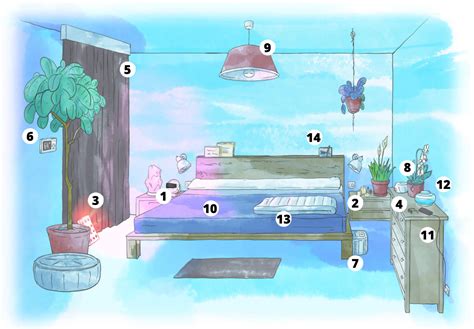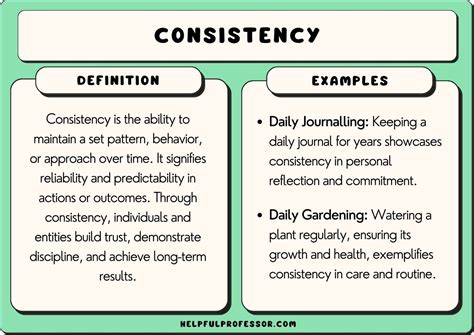Optimize men’s sleep: What evening routine enhances deep REM for peak performance?

The Crucial Link Between Sleep, Performance, and Men’s Health
In today’s fast-paced world, many men mistakenly view sleep as a luxury rather than a fundamental pillar of health and performance. However, for those aiming for peak physical, mental, and emotional output, optimizing sleep – particularly deep REM (Rapid Eye Movement) sleep – is non-negotiable. REM sleep is critical for cognitive function, memory consolidation, emotional regulation, and even physical recovery, yet it’s often the first casualty of a hectic schedule. Crafting a strategic evening routine is the most effective way to prime your body and mind for high-quality, restorative REM sleep.
Understanding Deep REM Sleep and Its Benefits
REM sleep is a distinct phase of sleep characterized by vivid dreams, increased brain activity, and muscle atonia (temporary paralysis). Far from being passive, your brain is incredibly active during REM, consolidating memories, processing emotions, and even solving problems. For men, sufficient REM sleep contributes to:
- Enhanced Cognitive Function: Sharper focus, improved problem-solving, and better decision-making.
- Emotional Resilience: Better mood regulation and reduced stress.
- Physical Recovery: While non-REM sleep is crucial for tissue repair, REM also plays a role in energy restoration and neurological recovery.
- Hormonal Balance: Proper sleep cycles support healthy testosterone levels and other vital hormones.
Neglecting REM sleep can lead to brain fog, irritability, decreased physical stamina, and a compromised immune system.

Components of an Optimized Evening Routine for Men
A successful evening routine isn’t about rigid adherence but rather consistent habits that signal to your body it’s time to wind down. Here’s how to build one:
1. The Digital Sunset: Disconnect to Reconnect with Sleep
The blue light emitted by screens (phones, tablets, computers, TVs) suppresses melatonin production, the hormone that regulates your sleep-wake cycle. Aim to switch off all screens at least 60-90 minutes before your target bedtime. If complete disconnection isn’t possible, use blue light filters on devices and consider blue-light blocking glasses.
2. Create a Calming Pre-Sleep Ritual
Replace screen time with activities that promote relaxation:
- Reading: Opt for a physical book or e-reader with no backlight.
- Meditation or Deep Breathing: Even 10-15 minutes can significantly calm your nervous system. Apps like Headspace or Calm can guide you.
- Warm Bath or Shower: A warm soak can help lower your core body temperature slightly after you get out, which is conducive to sleep.
- Journaling: Jot down thoughts, worries, or achievements to clear your mind.

3. Optimize Your Sleep Environment
Your bedroom should be a sanctuary for sleep:
- Darkness: Block out all light. Use blackout curtains or an eye mask. Even small LEDs can disrupt sleep.
- Cool Temperature: The ideal sleep temperature is typically between 60-67°F (15-19°C).
- Quiet: Eliminate noise with earplugs or a white noise machine if needed.
- Comfort: Invest in a comfortable mattress and pillows that support your sleep posture.

4. Mind Your Nutrition and Hydration
- Avoid Heavy Meals Late: Finish eating at least 2-3 hours before bed to allow for proper digestion.
- Limit Stimulants: Cut off caffeine intake by early afternoon (typically 6-8 hours before bed).
- Restrict Alcohol: While alcohol can make you feel drowsy, it fragments sleep cycles and severely disrupts REM sleep.
- Stay Hydrated: Drink enough water throughout the day, but taper off fluids an hour or two before bed to minimize nighttime bathroom trips.
5. Timing Your Exercise
Regular physical activity is excellent for sleep, but timing matters. Intense workouts too close to bedtime can raise core body temperature and stimulate the nervous system, making it harder to fall asleep. Aim to finish vigorous exercise at least 3-4 hours before bed. Lighter activities like stretching or a gentle walk are generally fine closer to sleep.

Implementing and Maintaining Your Routine
Consistency is key. Try to go to bed and wake up at roughly the same time every day, even on weekends. This helps regulate your circadian rhythm. Don’t get discouraged if results aren’t immediate; it takes time for your body to adjust to new patterns. Start with one or two changes and gradually incorporate more until you’ve built a robust routine that works for you.

Conclusion: Unleash Your Peak Performance
Optimizing men’s sleep, particularly deep REM, is an investment in overall health and peak performance. By intentionally structuring your evening routine to wind down, relax, and create an ideal sleep environment, you empower your body and mind to achieve the restorative sleep they need. Prioritize your sleep, and watch as your energy, focus, and resilience reach new heights, allowing you to perform at your best in all aspects of life.









